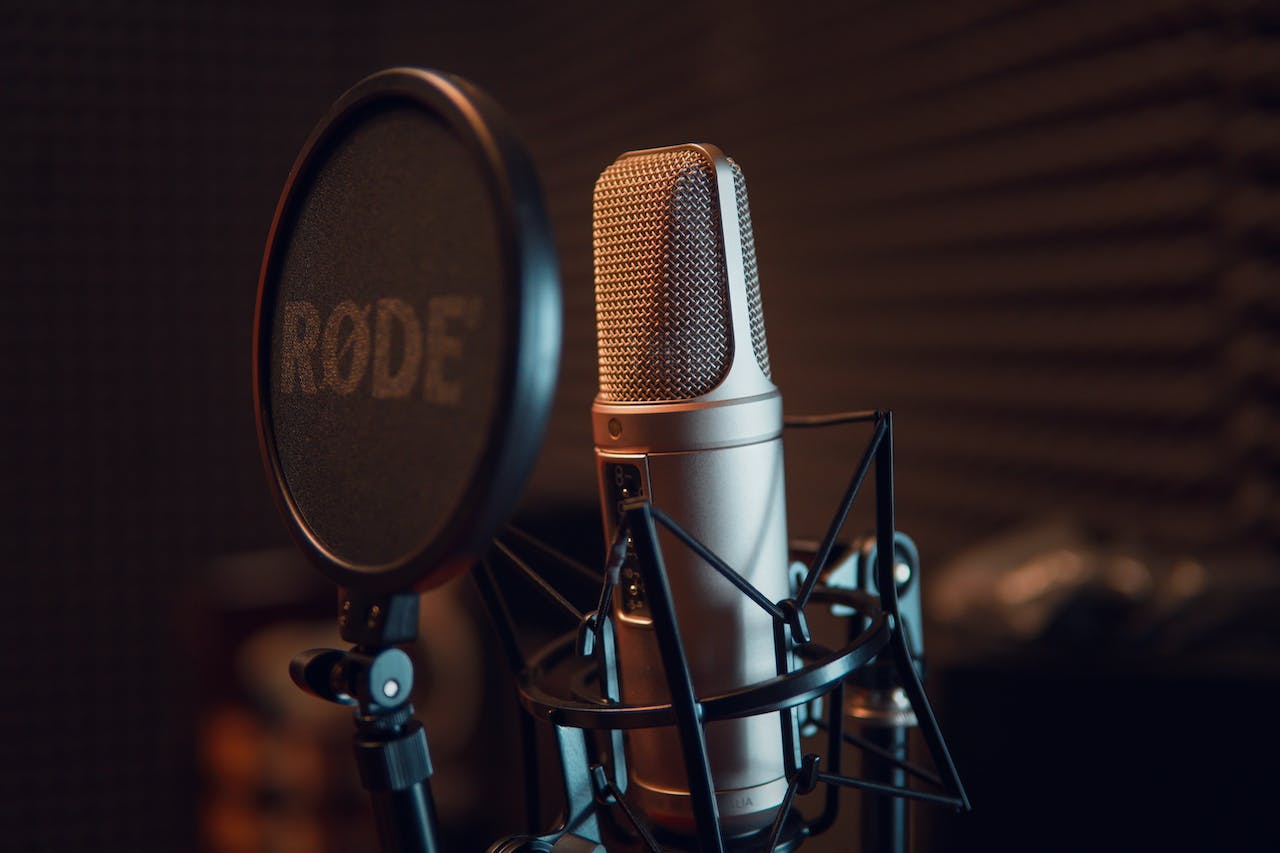Remembering Annie Nightingale, the woman who smashed the glass ceiling in the radio industry
A look across the radio schedules today shows high-profile female DJs presenting headline shows on station after station. From Zoe Ball to Lauren Laverne, gender representation on the airwaves has come a long way. But it was a very different picture in the early 1970s when Annie Nightingale, who has died aged 83, first began her Radio 1 show.
The station had formed in 1967 with an exclusively male line-up, indicative of a stuffy and traditional broadcasting culture carried from the pirate stations which failed to recognise the push for greater equality. But three years later, everything was to change. The 30-year-old Nightingale was finally to prise her way into BBC studios. And far from having colleagues for ready support, she had to learn it all her own way.
Perhaps most impressive about Nightingale’s career was her sheer longevity
For over a decade, she would be the sole female voice on the flagship station, but in doing so she blazed a trail for generations more DJs to come. Her Sunday Afternoon Request Show became a staple and her open embrace of the fledgling punk scene opened up new musical avenues for herself and most importantly listeners.
Perhaps most impressive about Nightingale’s career was her sheer longevity and ability to encompass a whole range of genres. She remained on the station until her death and moved with the times accordingly, never beyond opening her mind and airtime to the latest artists and movements. Her last programme, which aired on 19 December, featured everything from Eurythmics and Nelly Furtado to Bad Bunny, and Sam Smith.
The radio landscape of 2024 may look very different now, but it is in large part all down to Annie.
She was not only limited to radio either. As a presenter of The Old Grey Whistle Test, she broadened the programme from its folkish comfort zone to feature the emergent new wave, punk, and ska musicians. But it was on the radio where she was always most at ease, eventually becoming her home station’s longest-serving DJ and receiving a Guinness World Record for being the longest-standing female presenter on radio.
For a sense of Nightingale’s legacy, look no further than the Radio 1 scholarship programme she opened in November 2021, a sign of her continued commitment to new talent. “We should trust young people,” Nightingale said of the scheme, “because when we have done in the past, like in the 1960s and the 1990s…well, we’ve all reaped the benefits.” The radio landscape of 2024 may look very different now, but it is in large part all down to Annie.

Comments